You could play vinyls on a turntable, use tube amps and vintage speakers but it just doesn’t make sense to use old digital gear.
Hey! If you haven’t been to my site for a while (and I haven’t updated it for a while), you will notice the site has been revamped. I hope you like it better now. And here is my first article on this revamped site.
I wrote 2 articles on Computer Audio few years ago, Computer Audio Is So Much Fun which focused on the hardware side and a follow up article on the software side.
That sure feels like a longggggg time ago.
I’d be an idiot if I haven’t changed anything since then!
You see, you could use vintage gears every where but when it comes to digital, it doesn’t make sense to stay “vintage”.
Over the years, I have changed a few music machines, from the first generation Mac Mini, to a plastic iMac (earlier gen) and now this Intel Next Unit of Computing.
Wait a minute! Have I abandoned the Mac world?
Hardly!
I got to know a local Mac expert and this boy (he is only 17!) made a Hackintosh out of this CPU. You see, I find the strength of Mac lies in its software, not its hardware. Enter this CPU. This little fella is even smaller than my previous Mac Mini (it’s only 4″ by 4″) and still packs quite a punch. The version this kid did for me has a 32GB SSD hard disk inside so it boots up really fast. I pimped it by adding more RAM so it runs on 6 GB RAM now. All music files are stored on an external hard disk.
It has a mean Thunderbolt port, as well as a HDMI and 3 USB ports. I’m not using the Thunderbolt port now but will do so in future when I get a Thunderbolt Hard Disk. So this guy feeds my Discreet Monica which has been rebuilt into a nicer chassis. It’s a wine bottle box…
Moi belle Discreet Monica has the Amanero USB-I2S convertor as the USB receiver.
On the software side, I’m totally gaga over Pure Music Player!
Simply awesome!
With my Hackintosh, I have more RAM than necessary so it’s really nice to be able to use the Memory Play feature. With Memory Play, the audio track is read, then placed into RAM and music is then “streamed” off your RAM. Thus, the impact of reading off hard disk is minimized. Anyway, that’s the theory behind it. But how does music sound with Memory Play?
Music just sounds better! It’s like you improved your power supply and you reduced your jitter. The hard edges most noticeable in badly recorded music is greatly reduced, resulting in much0-welcomed smoothness and ease on your ears. On well recorded music, the impact is subtle but noticeable.
Another reason to like the Pure Music Player is the ability to play FLAC and DSD files! As you know, in the Apple world, FLAC is like a dirty word. Stock standard iTunes just wouldn’t play FLAC but PMP allows you to play and ride on it. DSD files is converted to PCM on the fly for you so your PCM DAC is still usable. Since the Amanero supports DSD, I’ll be studying more on this… Ha ha!
So there you go, my current take on Computer Audio.

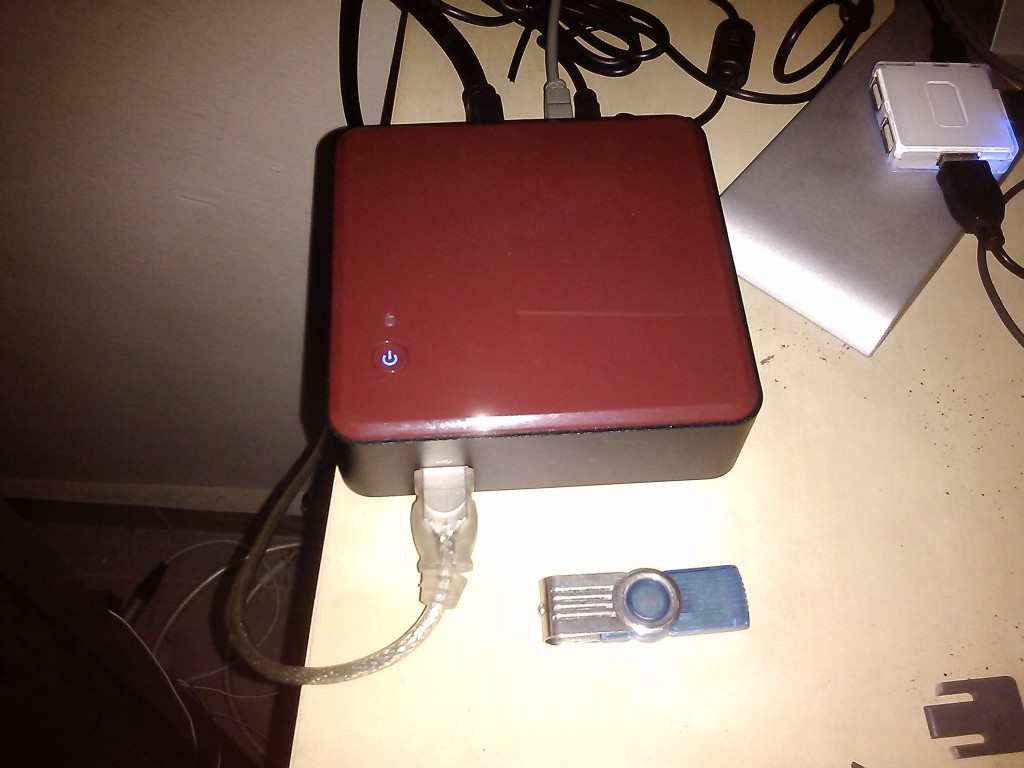
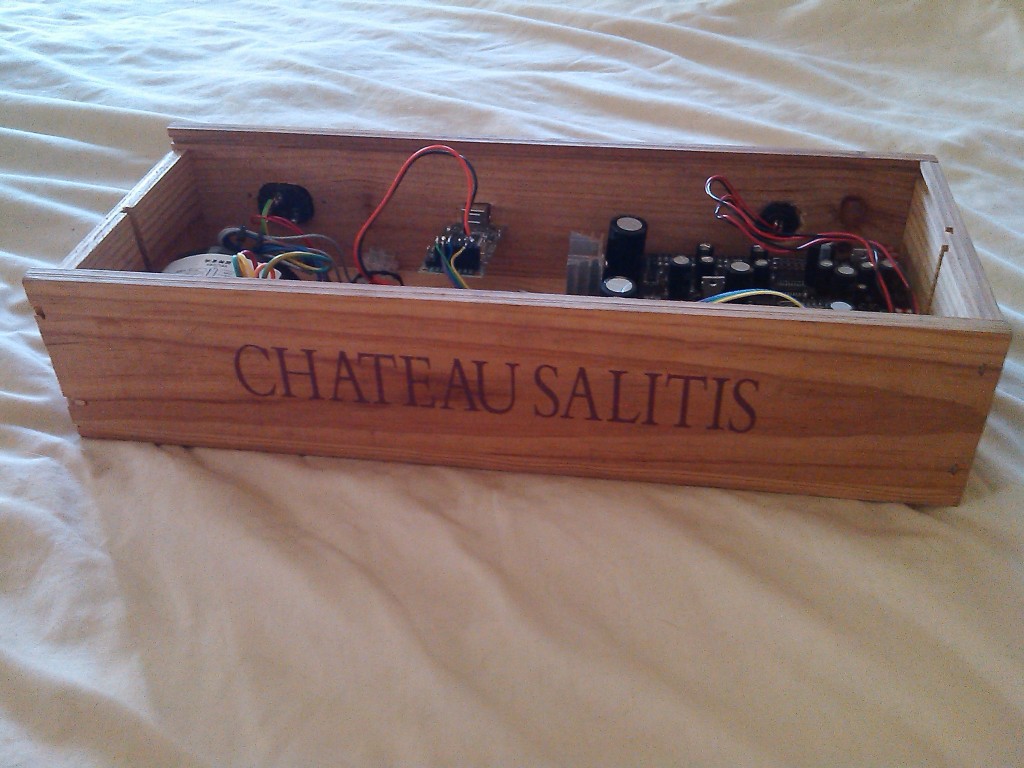
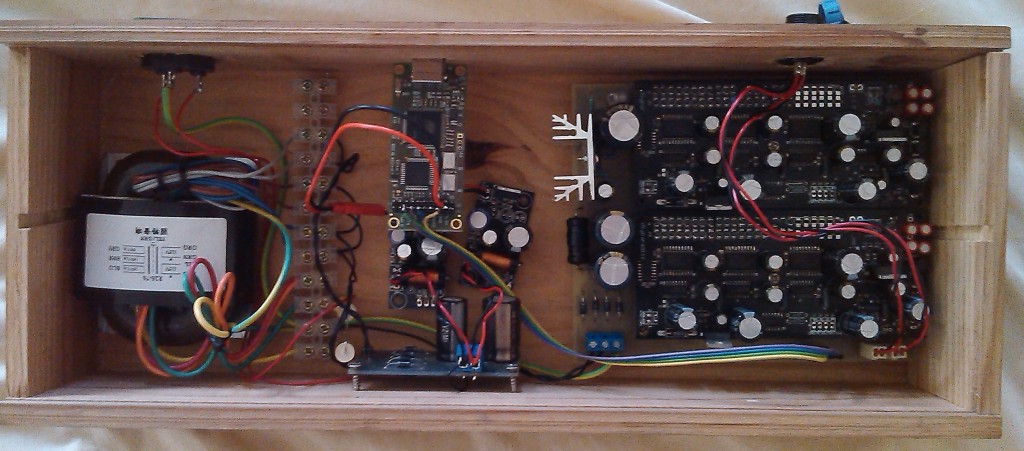
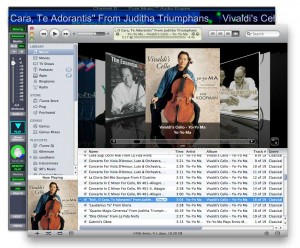
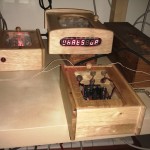
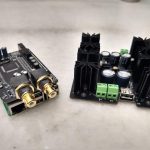

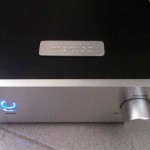
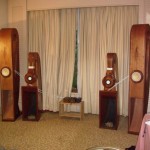
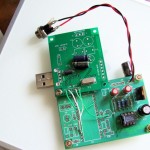
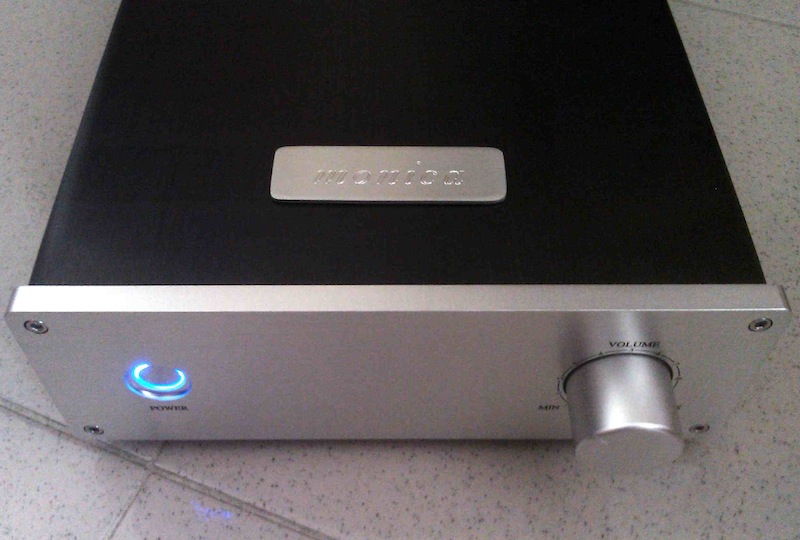
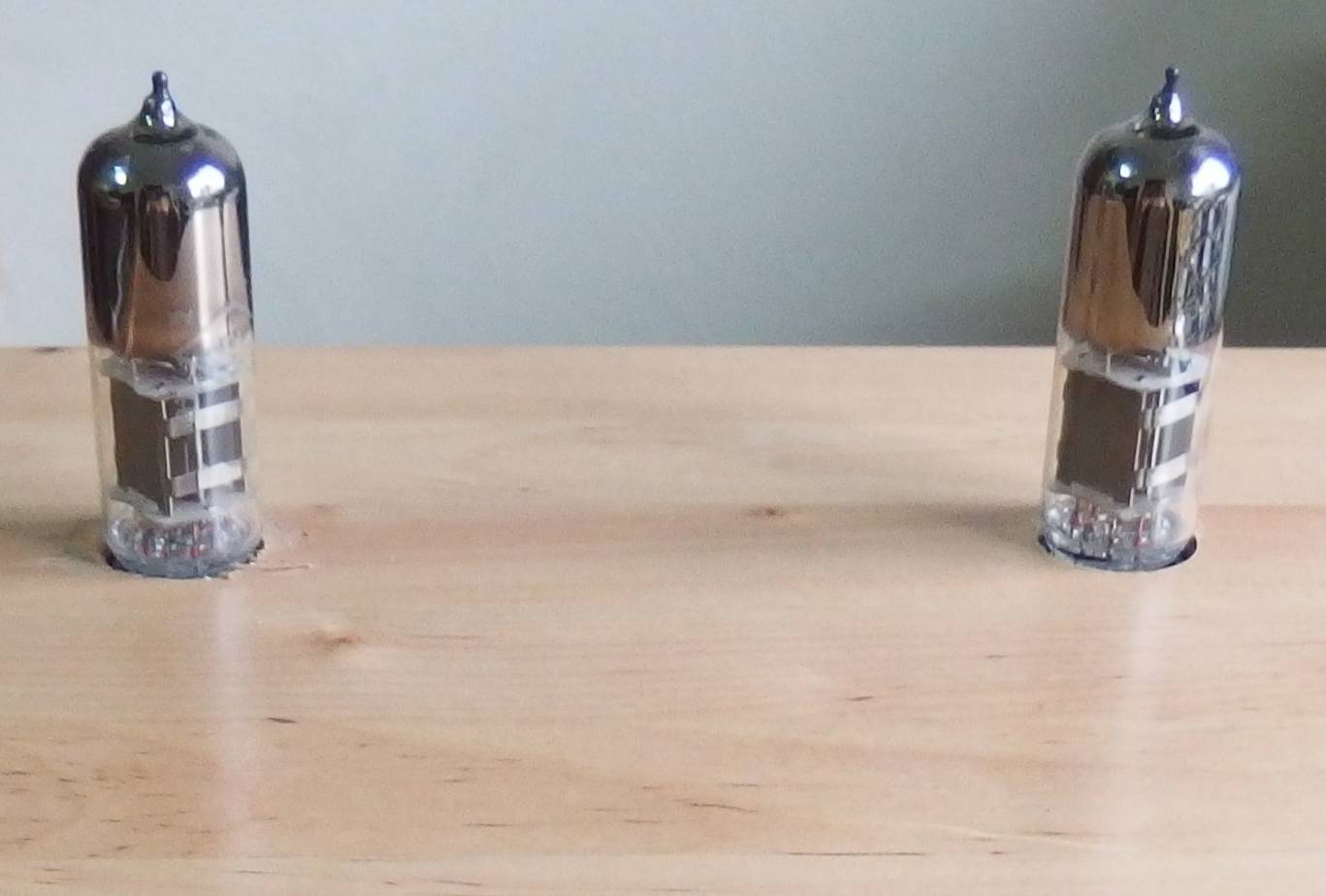
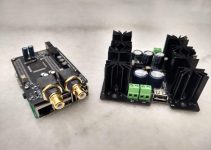
I am using JPlay under Win8. Below is an excellent article about the players of Win/Mac:
http://www.audiostream.com/content/road-jplay